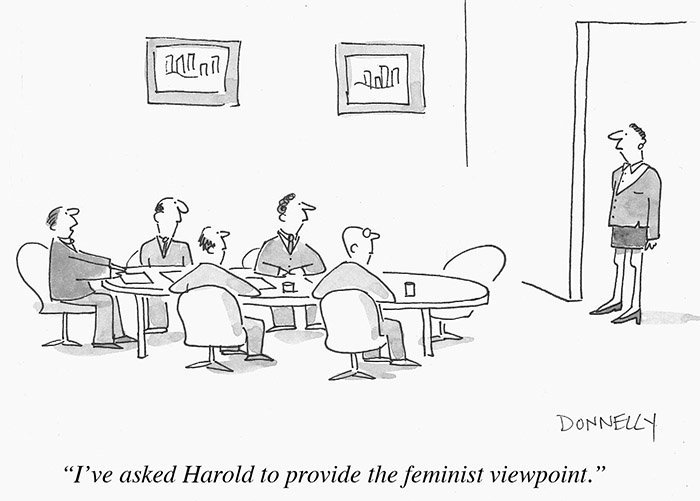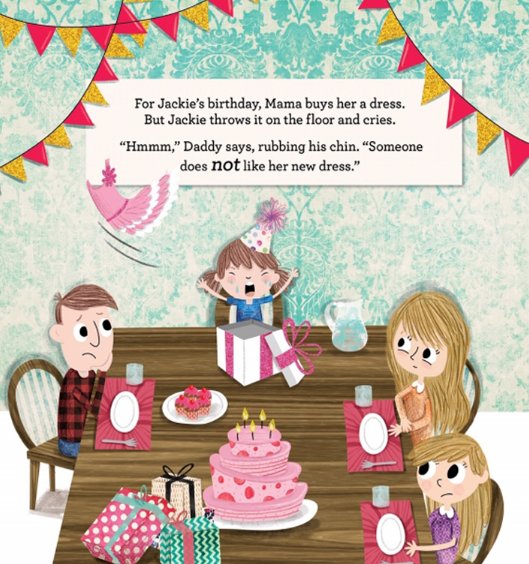Originally a comment by Bruce Gorton on Fiery, what fiery?
That, I think is the real problem with the Democrats, its as Machiavelli put it:
A prince is also much respected but he is either a true friend or a downright enemy. In other words, when he declares himself without any reservation in favour of one party against the other. This will always be more favourable than remaining neutral.
Or to put it another way – the Democratic Party has pushed so hard towards this sort of centrist “we can appeal to the other side” thing that they’ve lost a lot of what appeal they once had. It is often better to pick a side.
The line I thought that summed up best why Hillary Clinton lost in 2016 was this from Chuck Schumer:
“For every blue-collar Democrat we lose in western Pennsylvania, we will pick up two moderate Republicans in the suburbs in Philadelphia, and you can repeat that in Ohio and Illinois and Wisconsin.”
And that’s the exact same thinking with Biden. He is in the lead on “electability” – but I honestly think he’s the worst option the Dems could go with in this election.
If you’re going after Trump’s sexism, you can’t pick “Handsy uncle Joe”. If you’re going to go after Trump on racism, well, who bragged about working with segregationists during this primary? If you’re going to go after Trump on corruption – Hunter Biden pretty much killed that angle.
I mean what makes Biden electable is fundamentally that he has name recognition and is awful enough that you could imagine holding your nose at the ballot box, and I can’t see that unseating a presidential incumbent. The Dems need somebody people actually like, and the first step in finding that somebody is picking someone in the primary they actually like.
And I think Warren fits that bill. She’s not perfect, nobody ever is, but she’s at least got credibility for standing up for what she believes in, for not being the neutral party – and even for those who disagree with her, that’s something that is at least respectable in a way Biden just isn’t.
But of course the Democratic supporters have been trained to see some great virtue in compromise, even when it is both unnecessary and deeply undermining the party.




